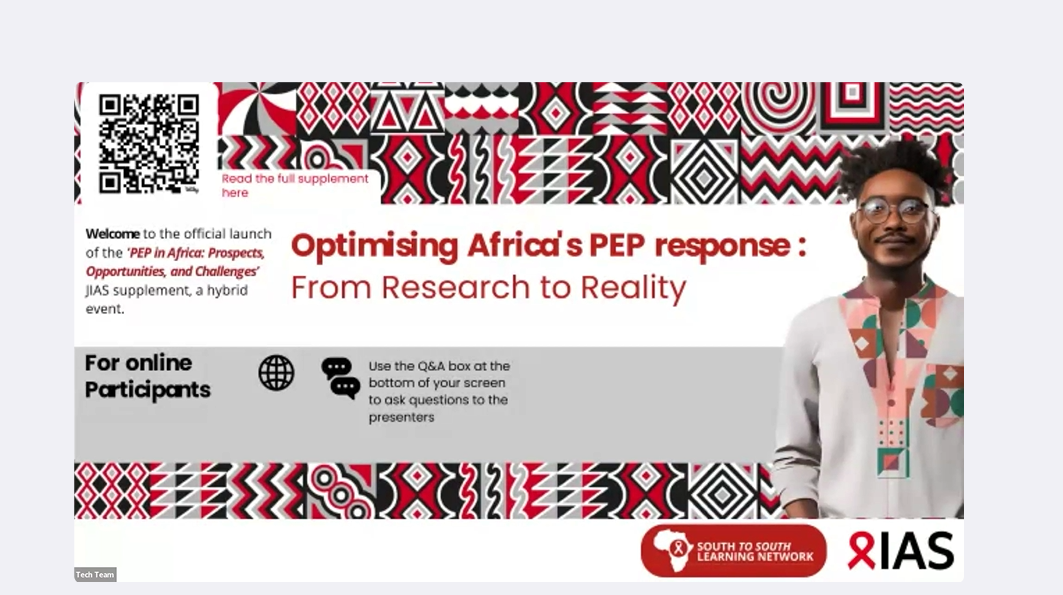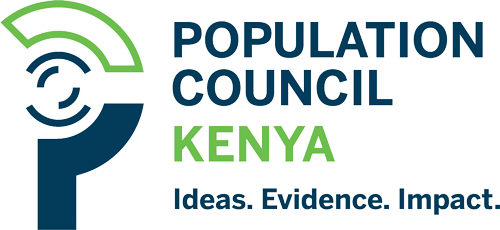Background
Post-Exposure Prophylaxis (PEP) was a vital yet underutilised tool in the global HIV response, with its accessibility often limited, particularly outside clinical settings. Recognising this challenge, the Gates Foundation had supported the development of a supplement for the Journal of the International AIDS Society (JIAS) entitled “PEP in Africa: Prospects, Opportunities, and Challenges.”
In light of this, SSLN-i2i hosted the launch event, "Optimising Africa's PEP Response: From Research to Reality," where we launched the PEP supplement. This session presented the latest research on PEP and discussed practical strategies for enhancing its accessibility, availability, and acceptability across the continent. The launch event included both in-person participants and a wider virtual audience, including authors, government officials, academics, donors, implementing partners, and PEP advocates from across the region.
Objectives
- To introduce the ‘PEP in Africa: Prospects, Opportunities, and Challenges’ supplement, highlighting key themes, contributions, and its role in shaping PEP policy and programming.
- To disseminate the latest research and improve access to information so that PEP can be practically integrated into HIV prevention programmes.
- To facilitate discussions among implementing partners, policymakers, and stakeholders on incorporating PEP research findings into national guidelines, HIV prevention strategies, and decision-making.
- To raise visibility and advocacy for PEP by positioning it as a critical component of HIV prevention and driving discussions on how to expand access and implementation
Proceedings
- Professor Peter Godfrey-Faussett (LSHTM) opened the session by highlighting the urgency of translating post-exposure prophylaxis (PEP) research into real-world strategies. He emphasized the need for integrated approaches that prioritize access, equity, and sustainability in HIV prevention efforts.
- Michelle Rodolph (WHO) followed with opening remarks, reaffirming WHO’s strong commitment to advancing HIV prevention through evidence-based interventions. She noted that PEP is a vital, yet often underutilized, component of comprehensive HIV response strategies and praised the JIAS supplement for offering a timely evidence base to guide scale-up.
- Facilitated by Prof. Peter Godfrey-Faussett, this segment featured a curated video compilation of key takeaways from contributing authors. The video distilled complex research into clear, actionable insights for stakeholders. It served as a dynamic tool to spotlight the diverse evidence base presented in the supplement and its potential to inform real-world policy and programming.
- Moderated by Sarah Magni (SSLN–i2i), the author presentations highlighted innovative, context-specific approaches to strengthening PEP delivery:
- Caitlin Kennedy (USA) discussed community-based PEP models, emphasizing the importance of flexible, user-centered delivery systems to broaden access.
- Catherine Kiptinness (Kenya) presented findings from Kenya’s ePEP pilot, showcasing how digital platforms can effectively support PrEP and PEP delivery, especially among younger, tech-savvy populations.
- Oppah Kuguyo (Zimbabwe) shared insights on a community-driven youth intervention that successfully promoted uptake of HIV and contraception services among students, underscoring the value of youth leadership and tailored programming.
Panel discussion: Translating Research into Action
- Moderated by Mohamed Khan (SSLN–i2i), the panel brought together voices from government, global funding bodies, and service delivery:
- Dr. Daniel Byamukama (Uganda AIDS Commission) emphasized the need for political will and national ownership to embed PEP within national prevention frameworks.
- Chris Obermeyer (Global Fund, virtual) highlighted the importance of sustainable financing and the role of global health partners in supporting scale-up.
- Maurice Magudha (PEP Provider, Kenya) shared frontline insights, noting operational barriers and opportunities to enhance client-centered delivery of PEP services.
The discussion underscored the collective responsibility of policymakers, funders, and implementers to ensure that PEP moves from policy to practice effectively and equitably.
Closing remarks & call to action
- Ms. Yvette Raphael (APHA) delivered the closing remarks with a strong Call to Action. She called for:
- Accelerated investment in PEP scale-up,
- Stronger community engagement,
- Cross-sector collaboration to ensure PEP is accessible, understood, and utilized by all who need it
Conclusion
This session successfully fostered a dynamic exchange of knowledge and experience, reaffirming the global commitment to advancing HIV prevention. It underscored the importance of translating rigorous research into accessible, impactful public health programming to strengthen the role of PEP in Africa’s HIV response.
Resources
Access the full set of materials from the session below:
- 📄 Supplement: PEP in Africa: Prospects, Opportunities, and Challenges — Access the full supplement here
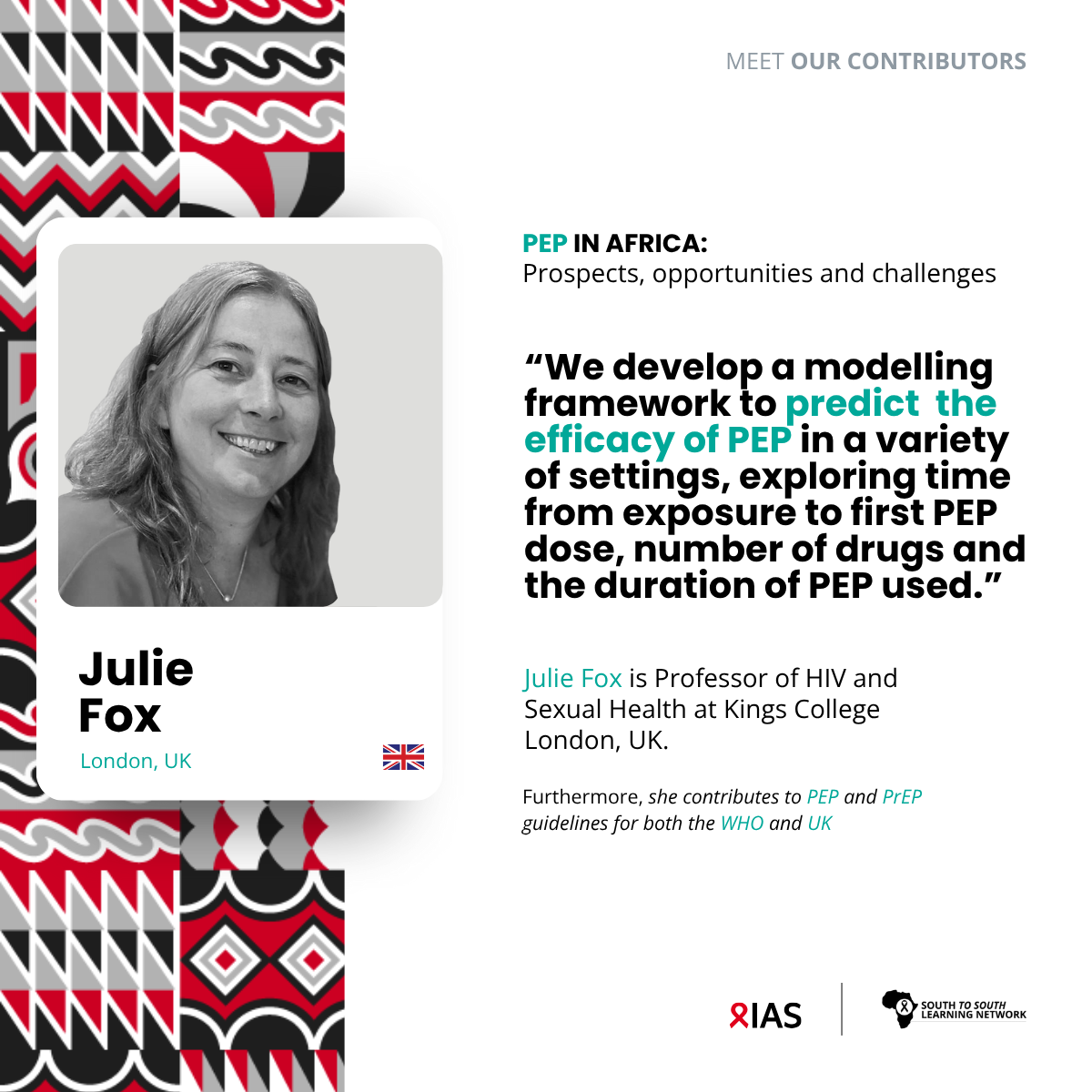
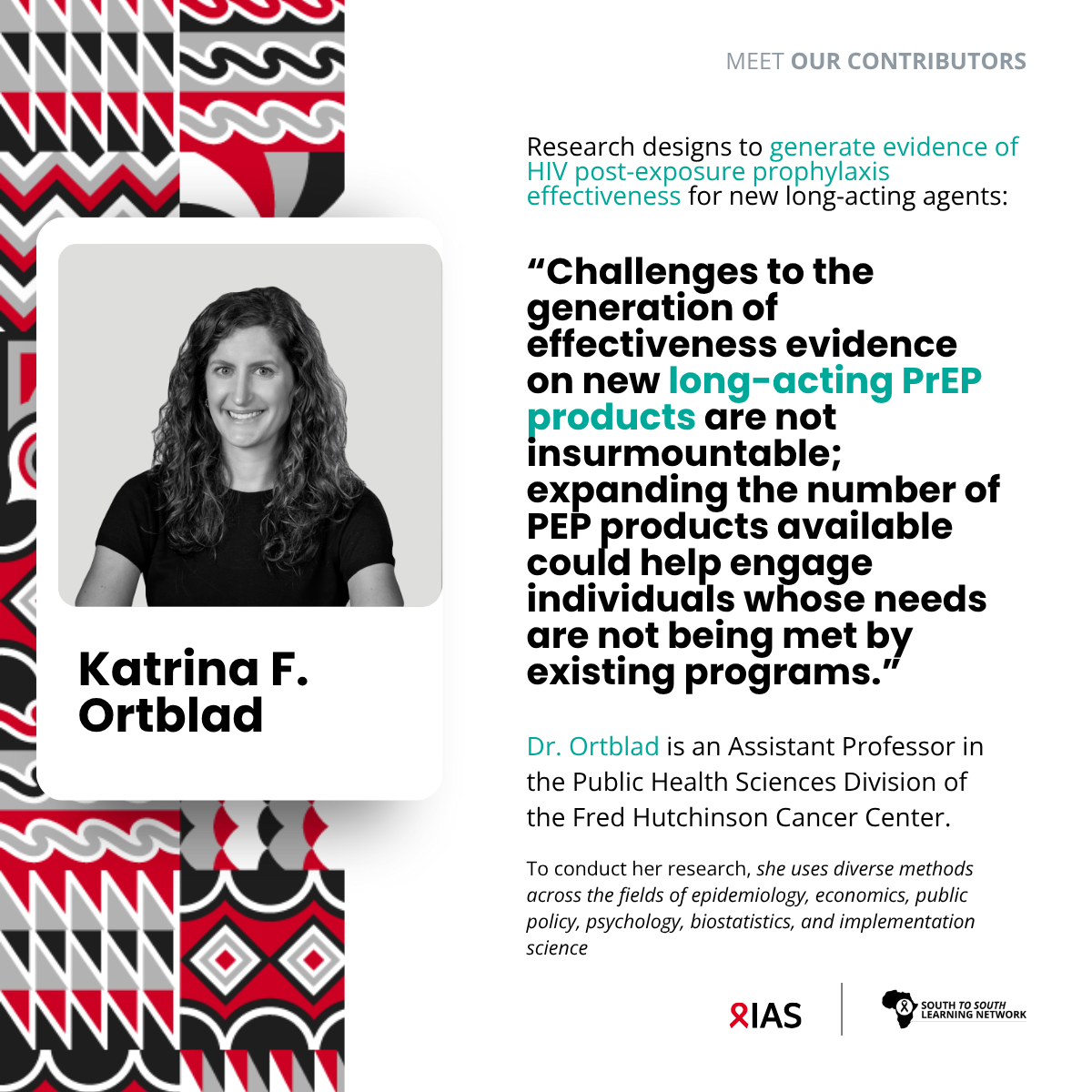
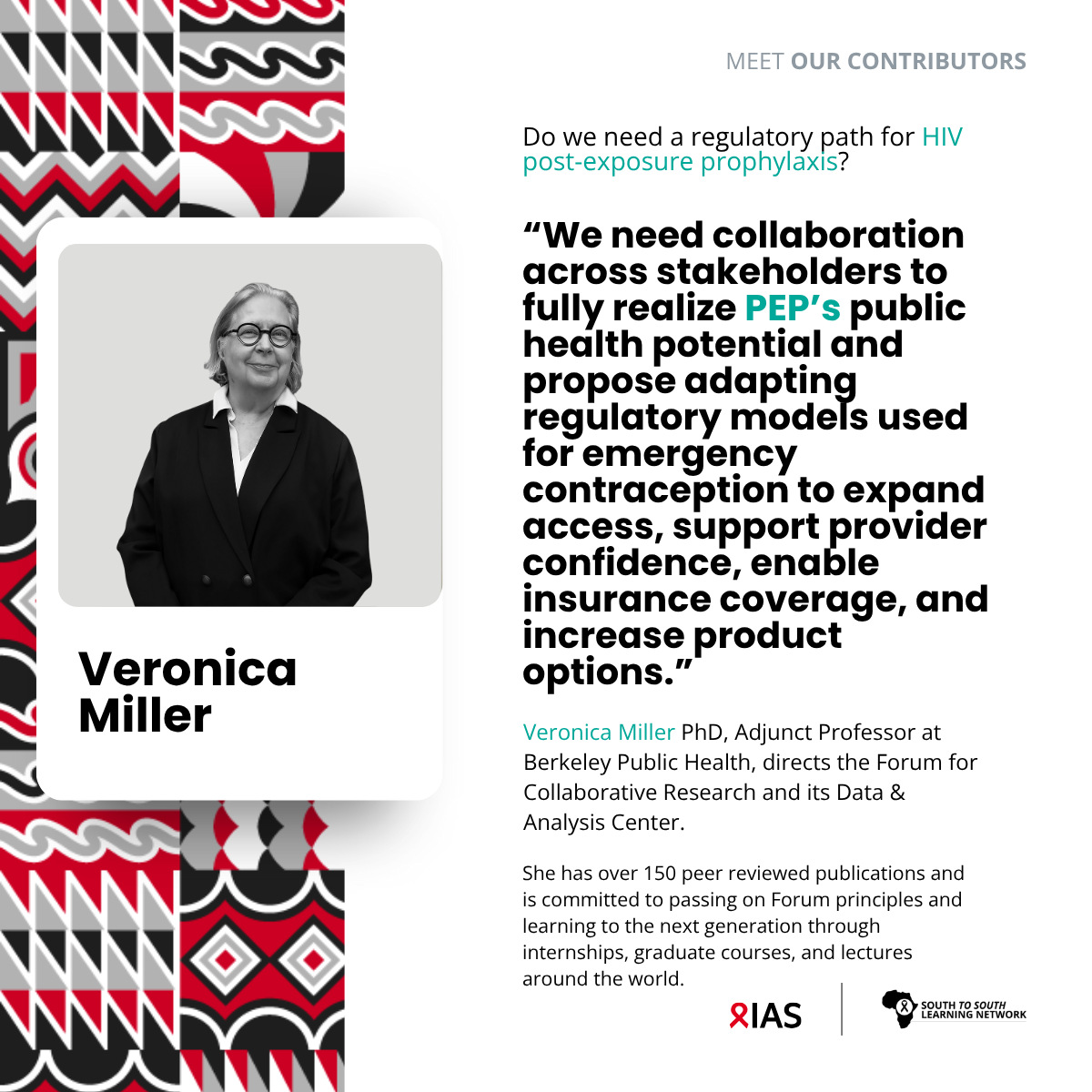
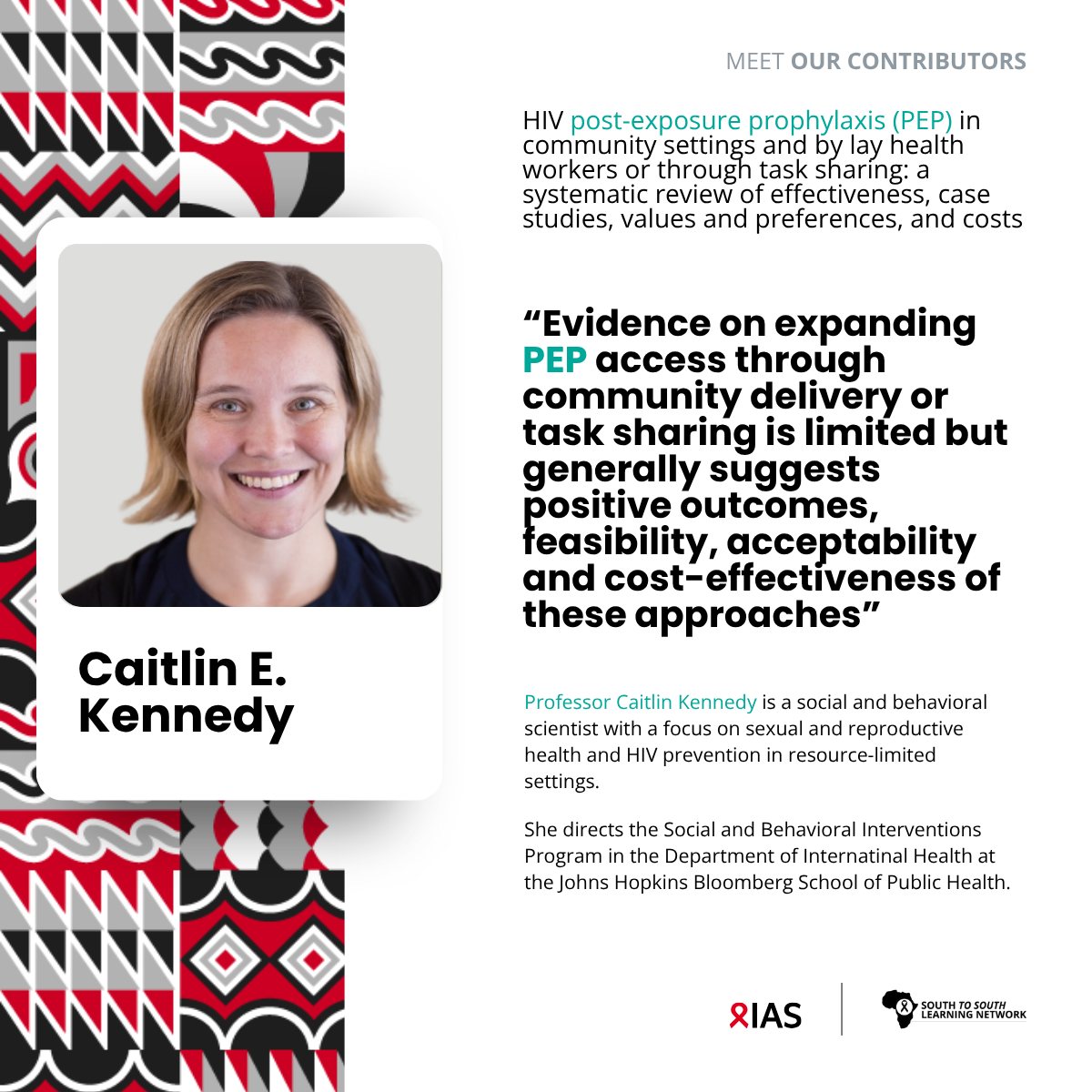
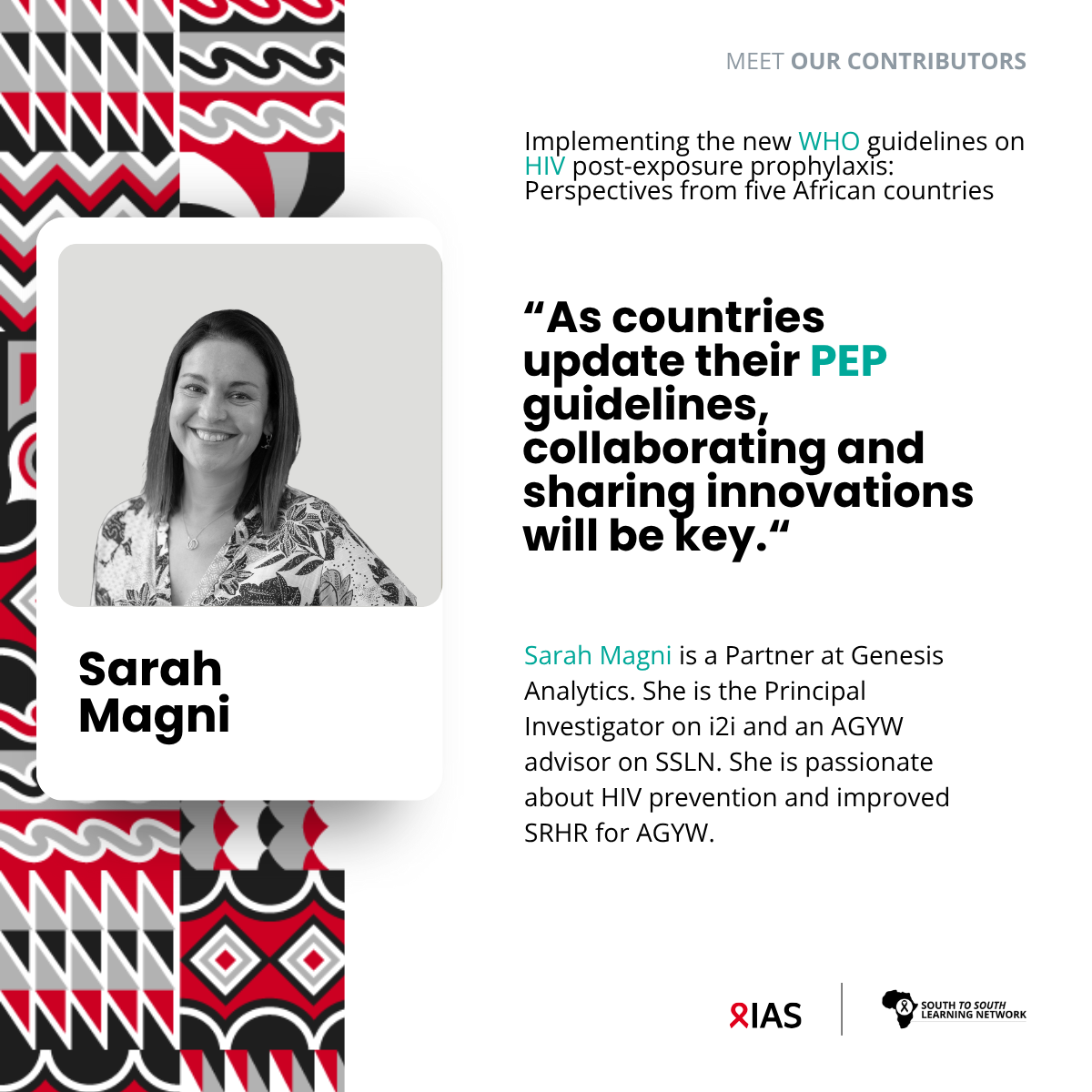
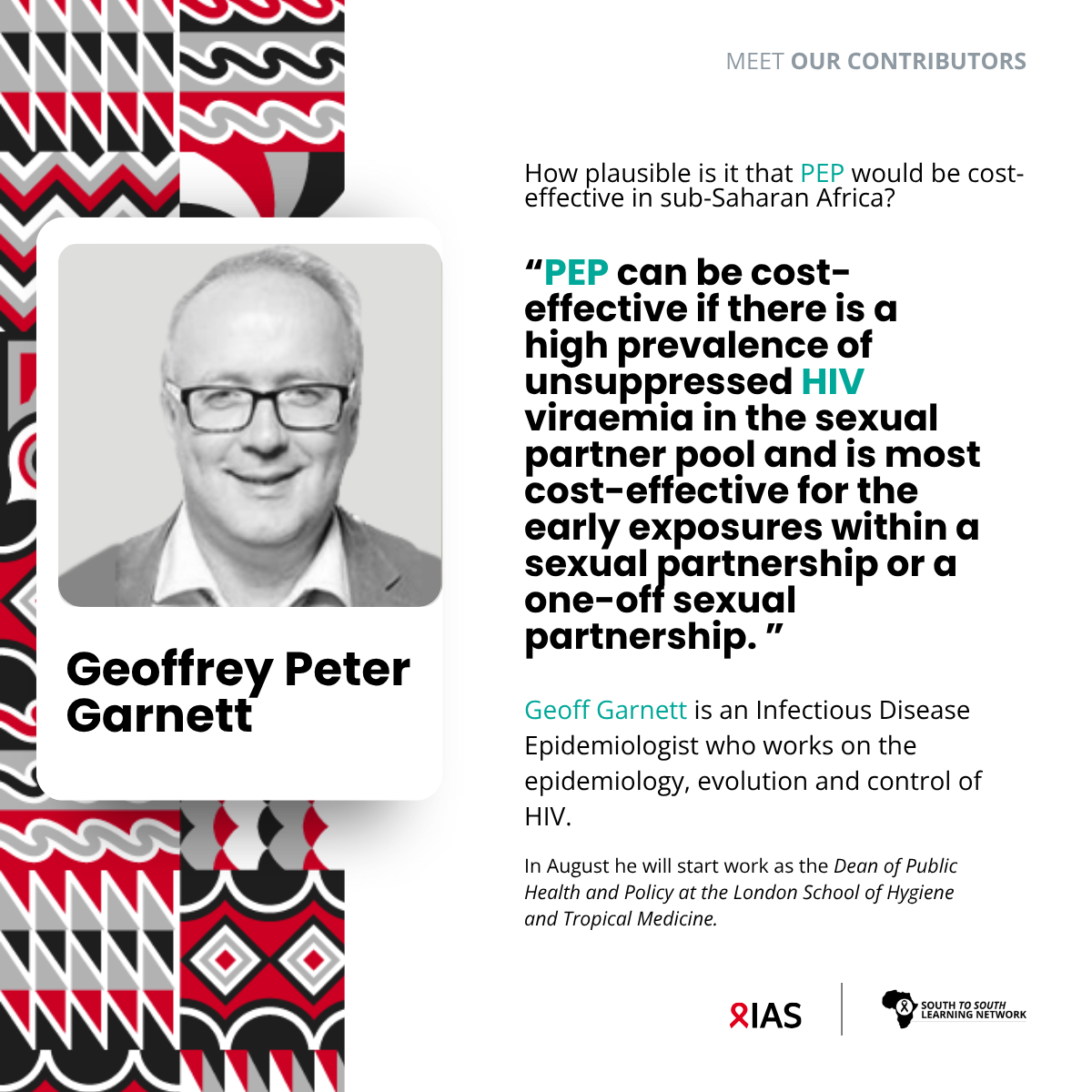
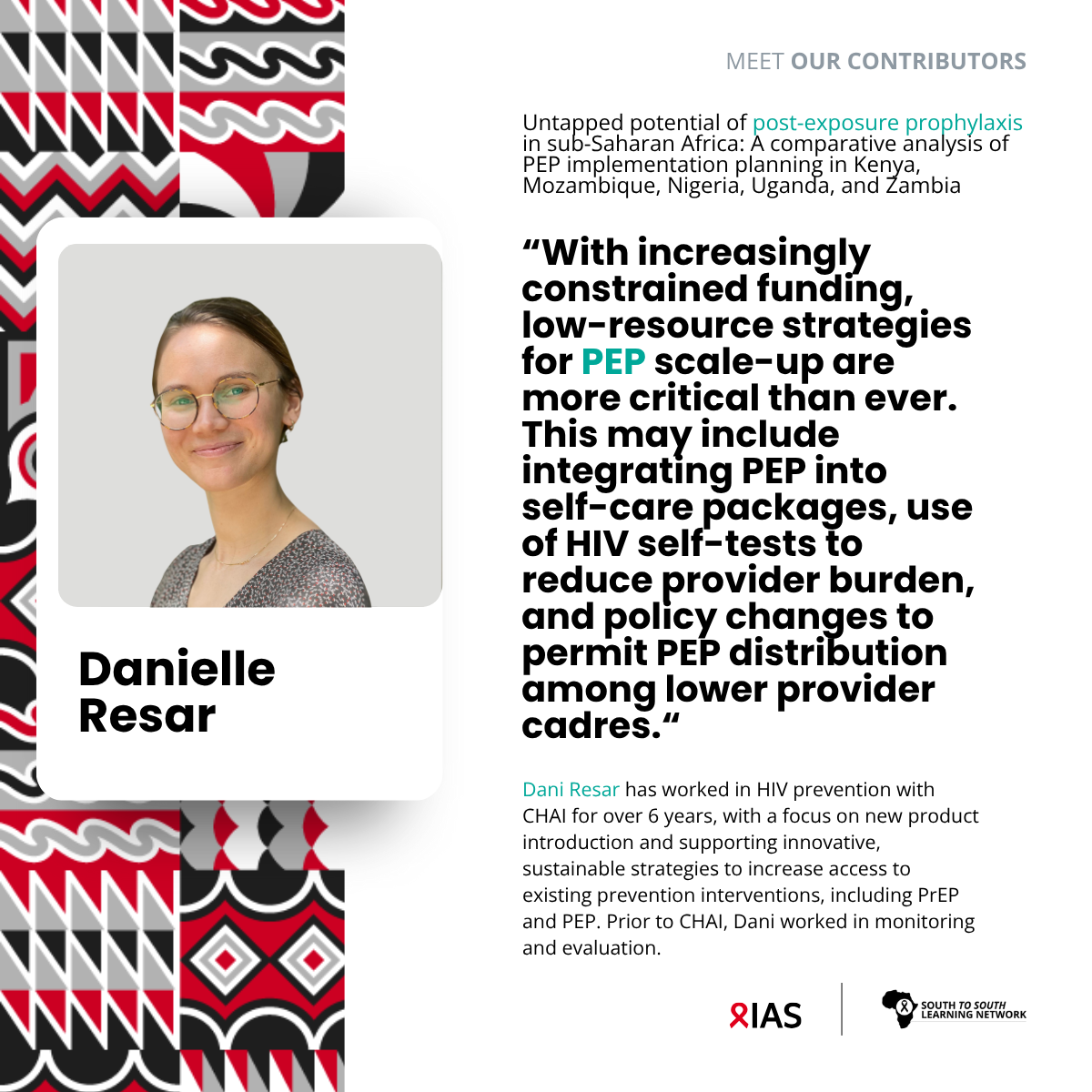
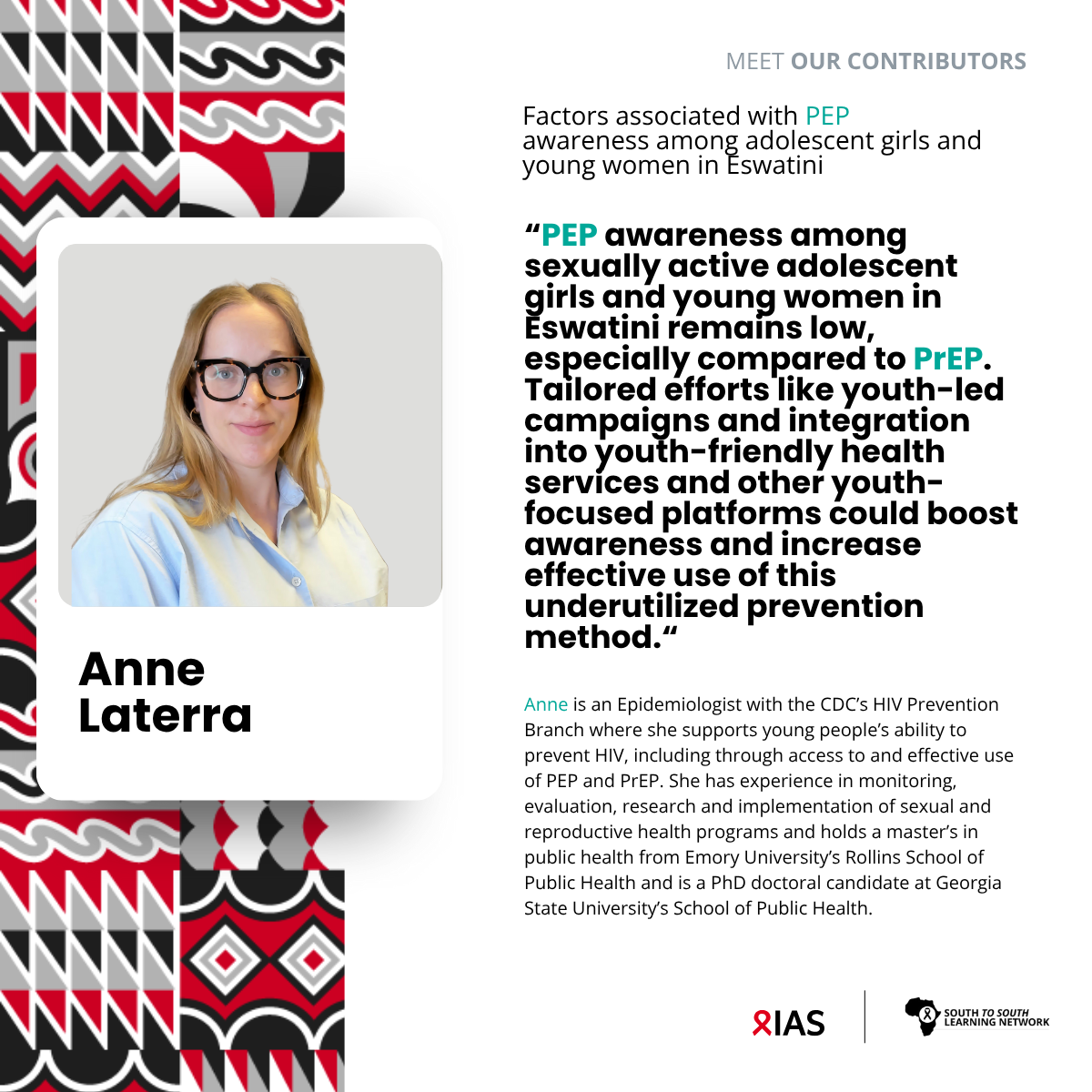
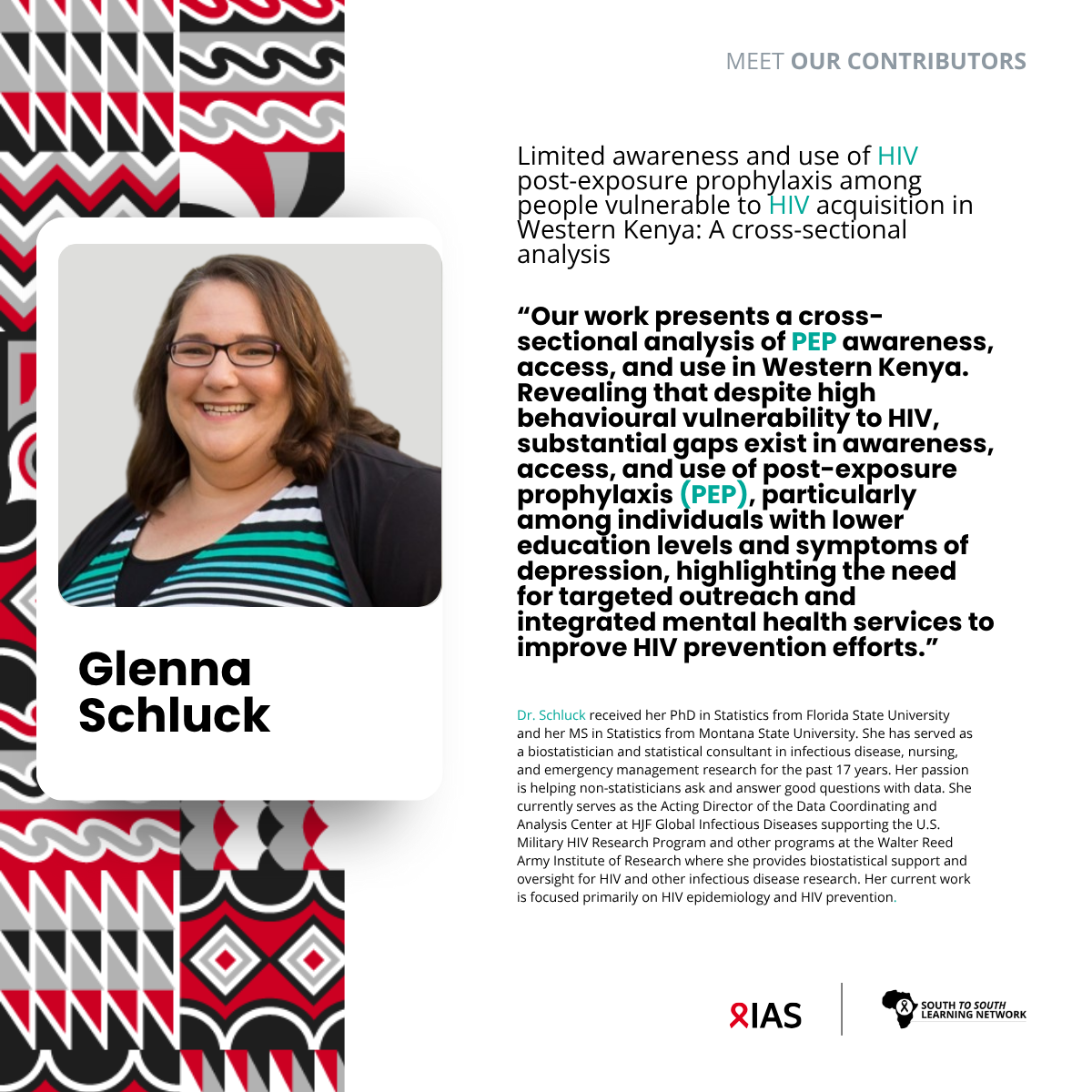
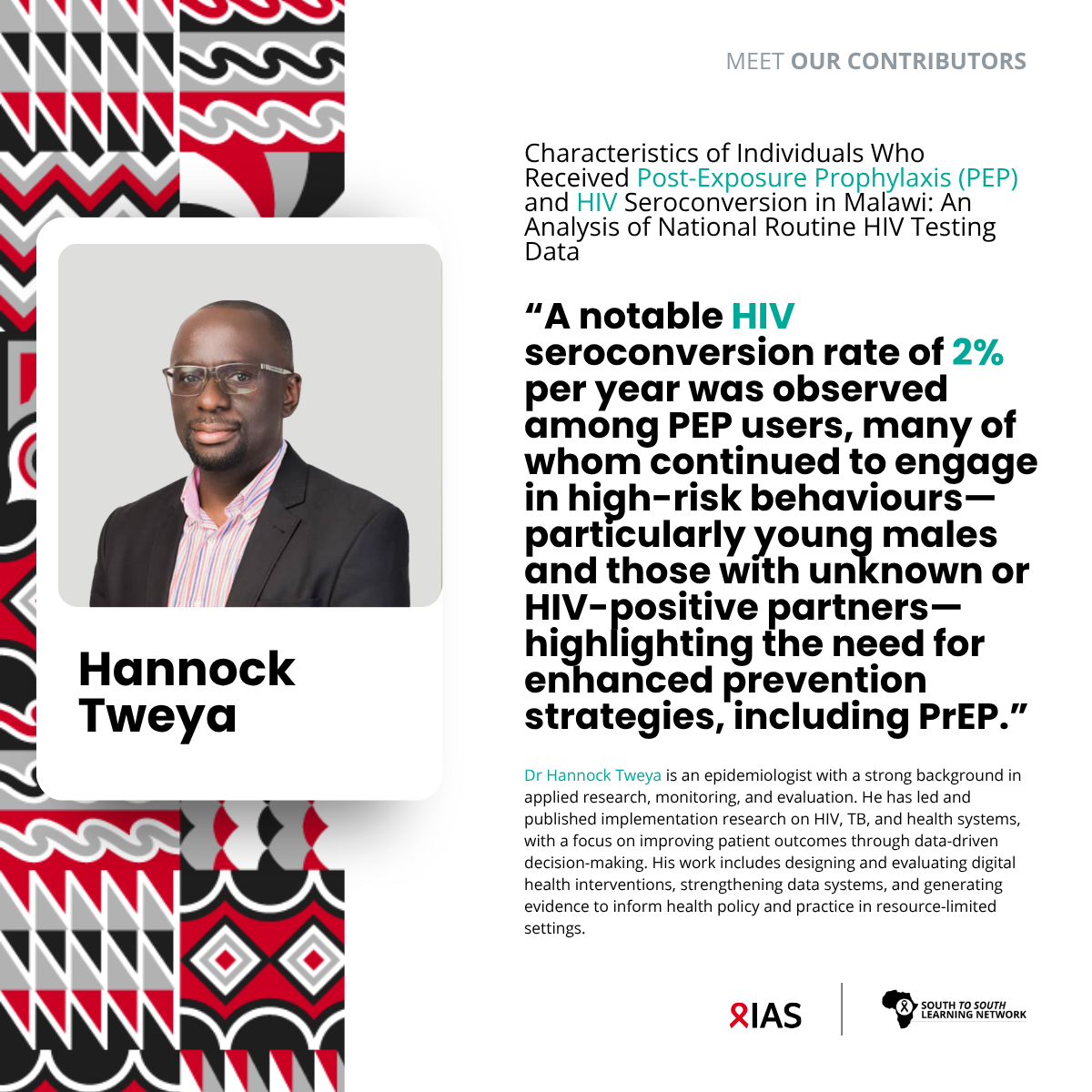
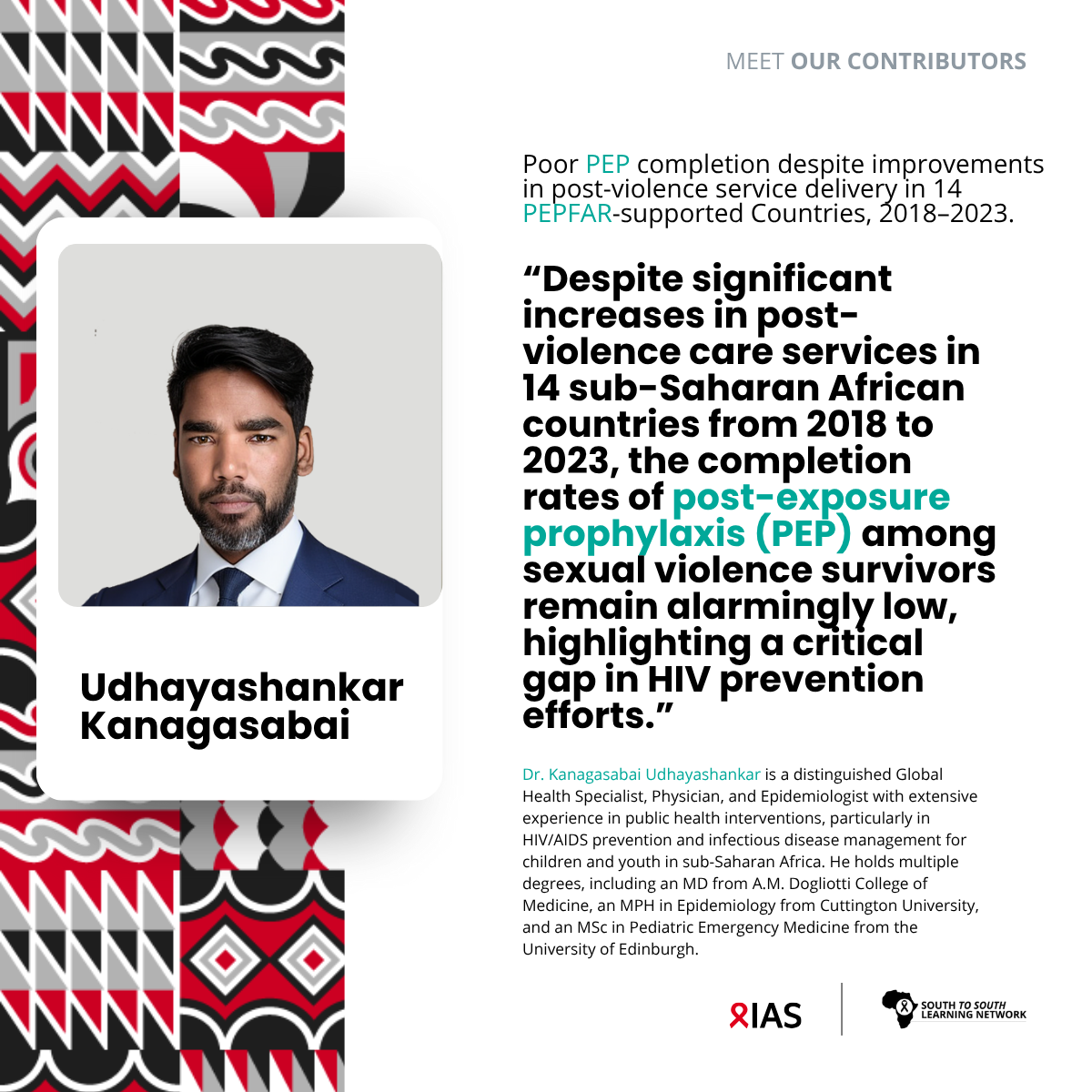
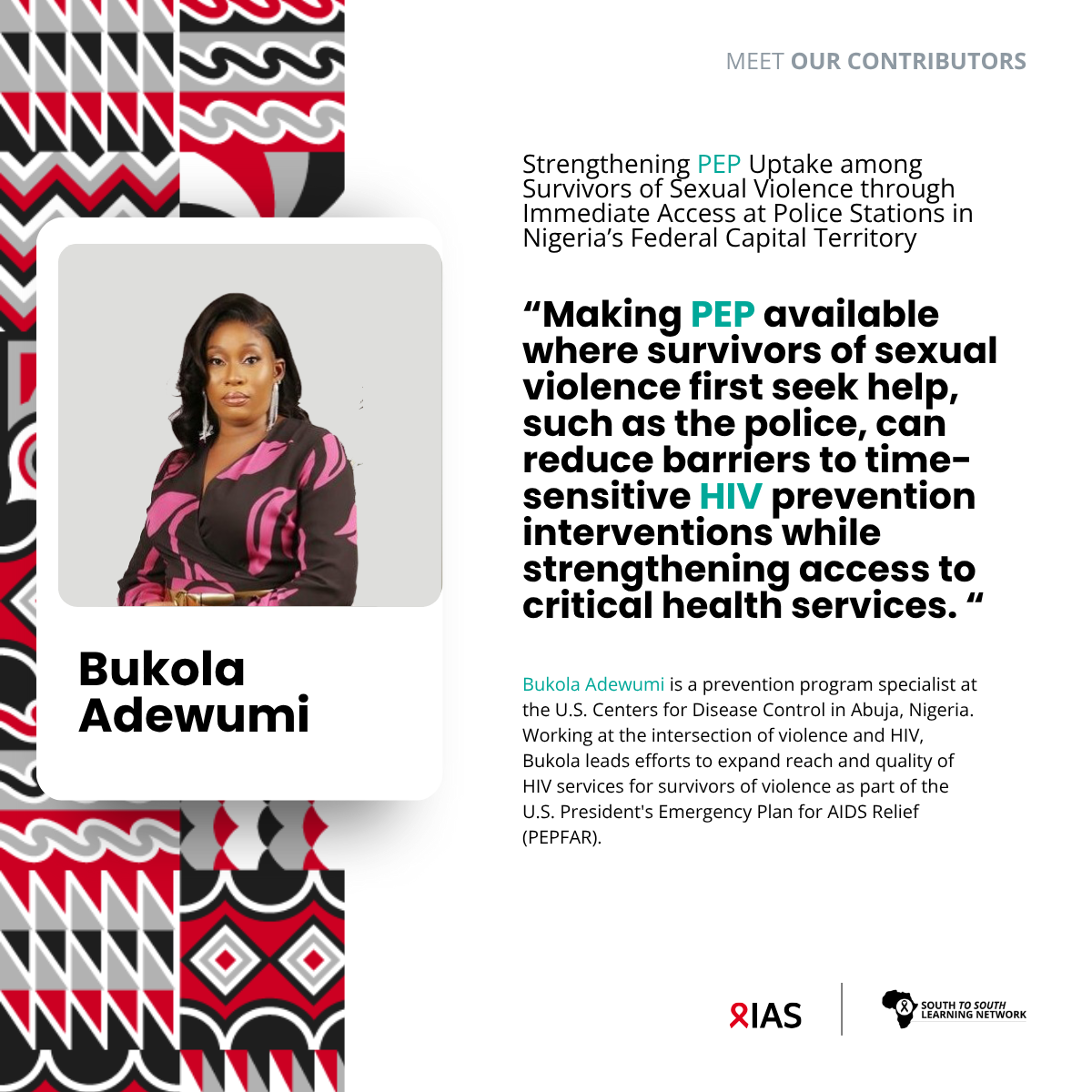
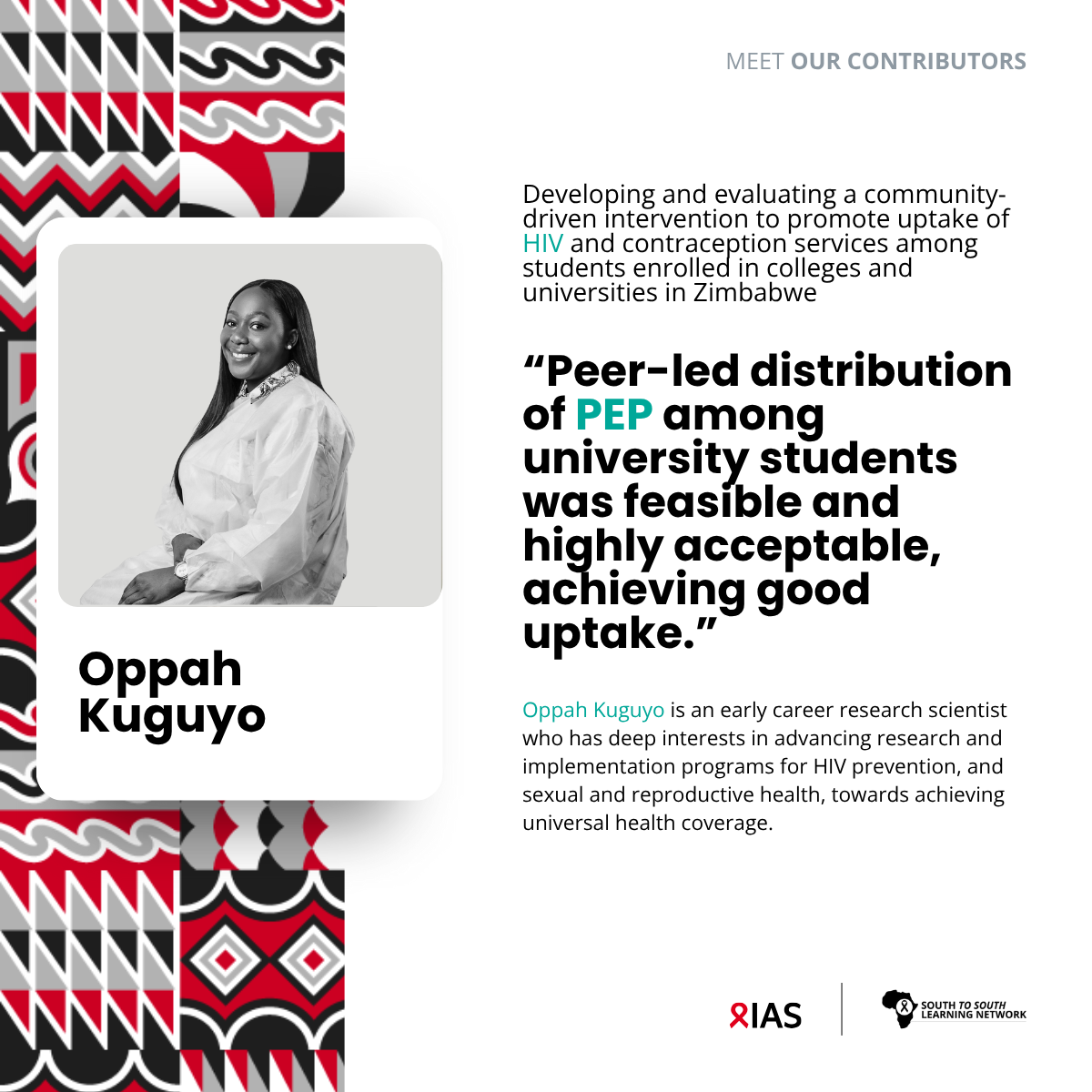
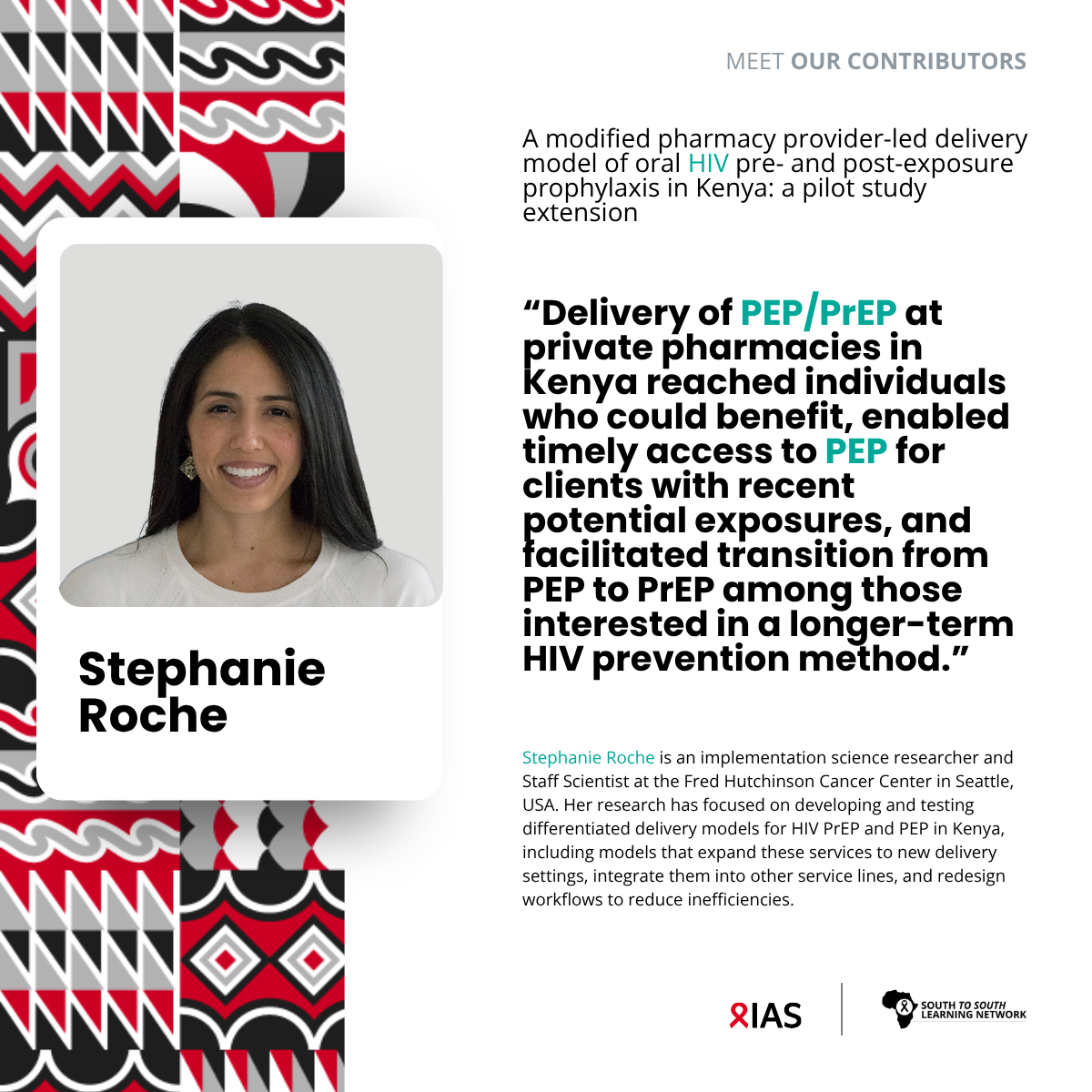
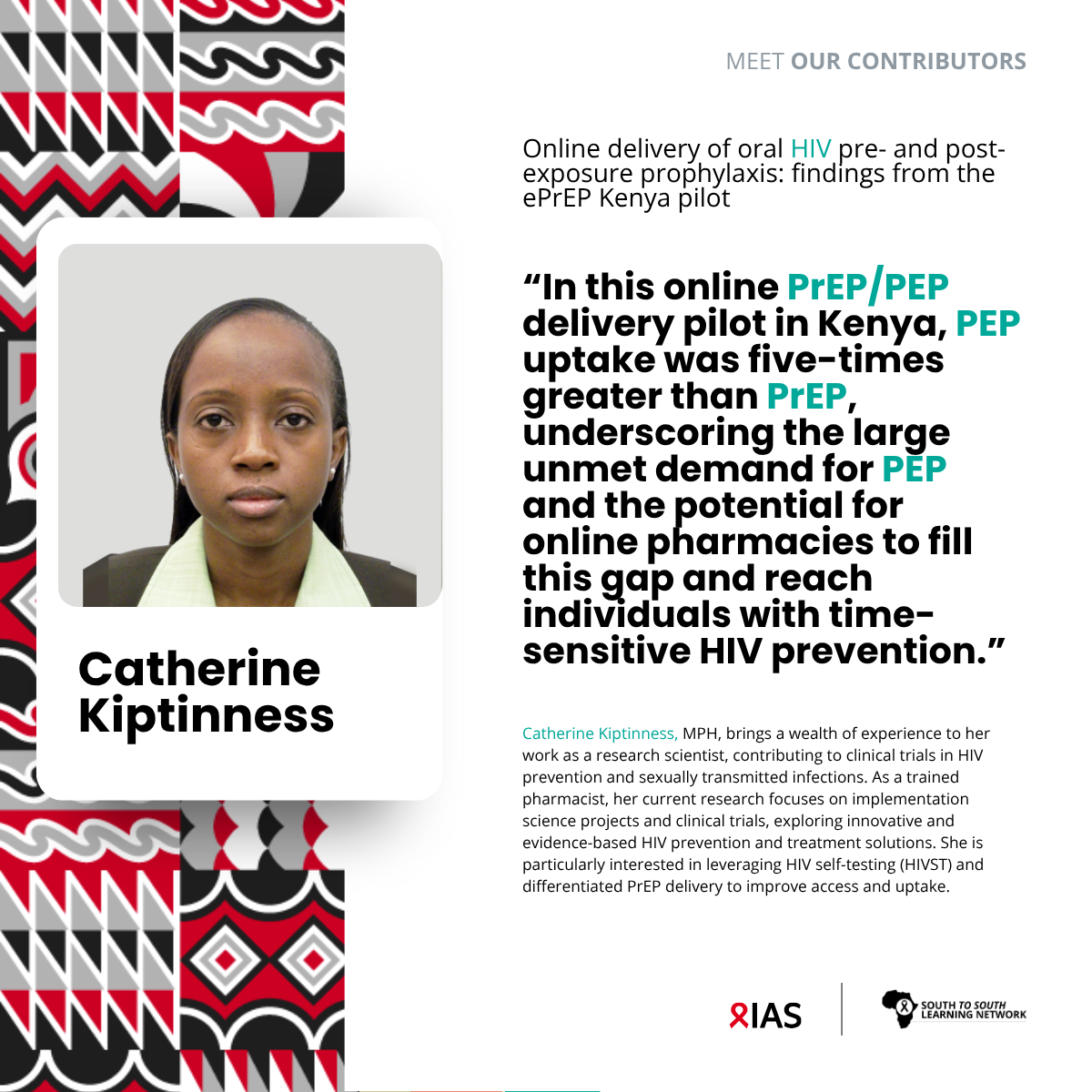
Download Event Material
